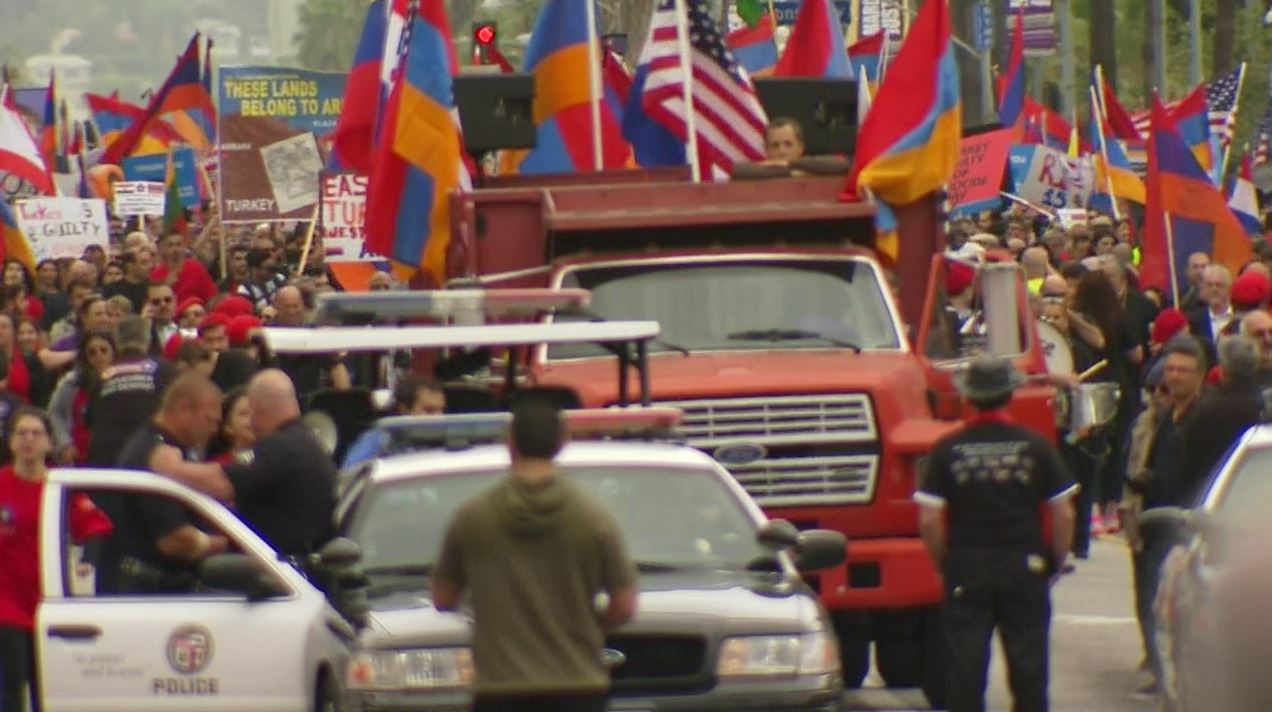A voter-approved ballot measure that reduced penalties for certain drug and property crimes applies to prisoners convicted under plea deals, the California Supreme Court said Thursday.
A unanimous court overruled a lower court decision that could have limited the number of inmates eligible for Proposition 47's benefits. The 2014 proposition requires misdemeanor rather than felony sentencing for certain property and drug crimes and permits inmates previously sentenced for these reclassified crimes to petition for resentencing.
The Supreme Court said Proposition 47 does not create an exception for prisoners whose sentences are based on plea deals with prosecutors that included the dismissal of more serious charges.
Prosecutors argued that they were entitled to have the original charges reinstated if such prisoners chose to seek a reduced sentence. Those prisoners would otherwise be able to unfairly wriggle out of the sentence -- their part of the plea deal -- and get an added benefit to which they were not entitled, prosecutors said.
Many felony cases are resolved by plea agreements. But legal experts said the court's decision will have limited impact because most trial courts in the state have been extending Proposition 47's benefits to inmates with plea deals even before Thursday' ruling.
As of Sept. 30, more than 4,500 inmates were released under Proposition 47, according to state corrections officials.
"There are obviously some people in this situation, but the vast majority of people who could benefit from this ruling already have," said Michael Romano, a lecturer at Stanford Law School who co-authored Proposition 47.
California
Romano and other experts said the state Supreme Court got the decision right.
"It seems like a straightforward reading of the language of the initiative," said Michael Vitiello, a professor who specializes in criminal law and sentencing policy at University of the Pacific McGeorge School of Law.
Proposition 47 was intended to reduce the number of nonviolent offenders in state prisons, saving money. Associate Justice Ming Chin, writing for the California Supreme Court, said the proposition would be meaningless "if the prosecution could respond to a successful resentencing petition by withdrawing from an underlying plea agreement and reinstating the original charges filed against the petitioner."
The ruling came in a Los Angeles County case in which prosecutors agreed to a deal that dismissed a robbery charge and allowed the defendant to plead guilty to a lesser charge of grand theft in exchange for a six-year sentence.
Proposition 47 reduced the grand theft charge to a misdemeanor, and the defendant, Morris Glen Harris, petitioned for a lower sentence.
Prosecutors argued that they were entitled to their end of the plea deal -- namely, the six-year sentence Harris agreed to -- and should be allowed to cancel the plea in response to Harris' petition.
The Los Angeles County District Attorney's Office declined to comment.



